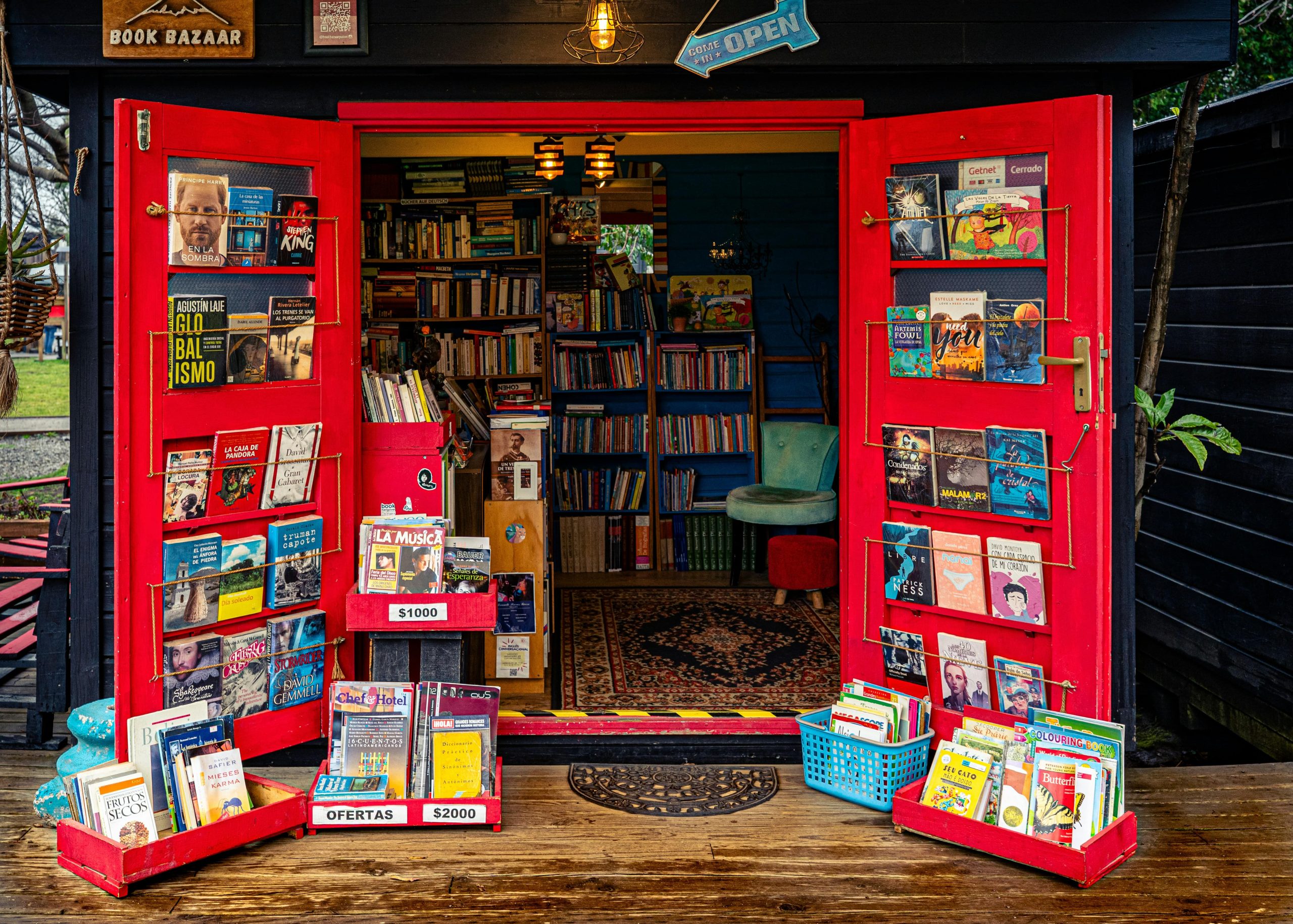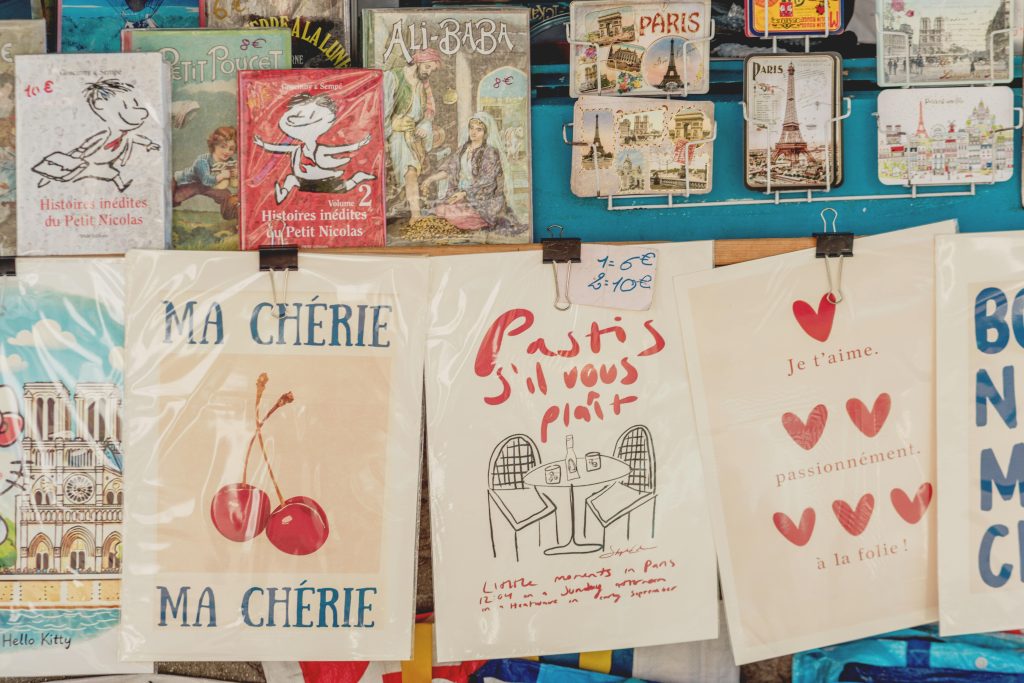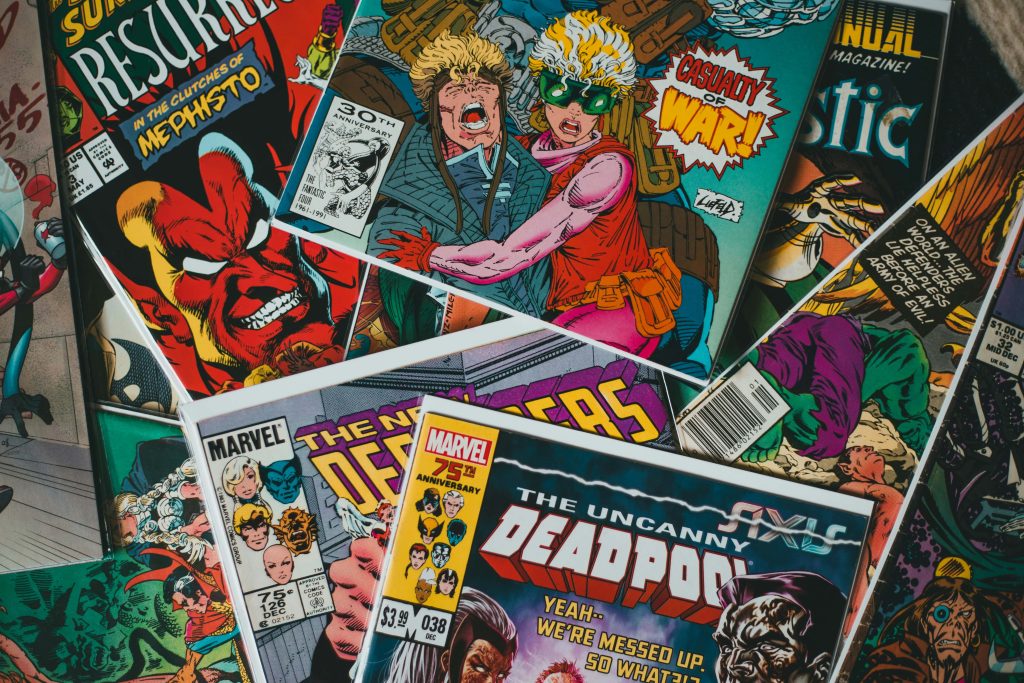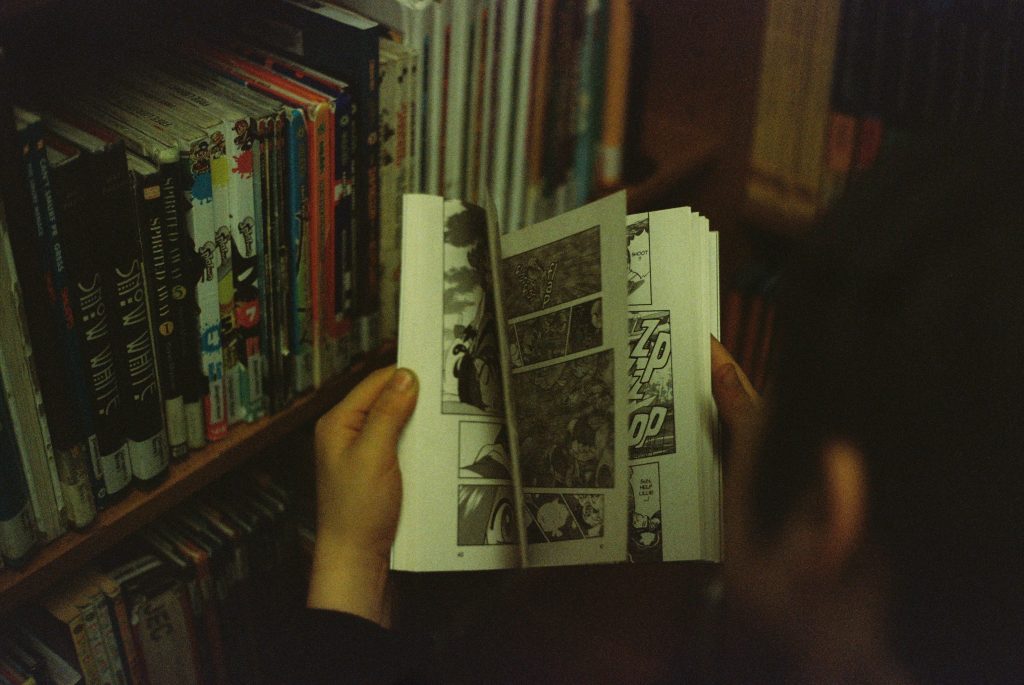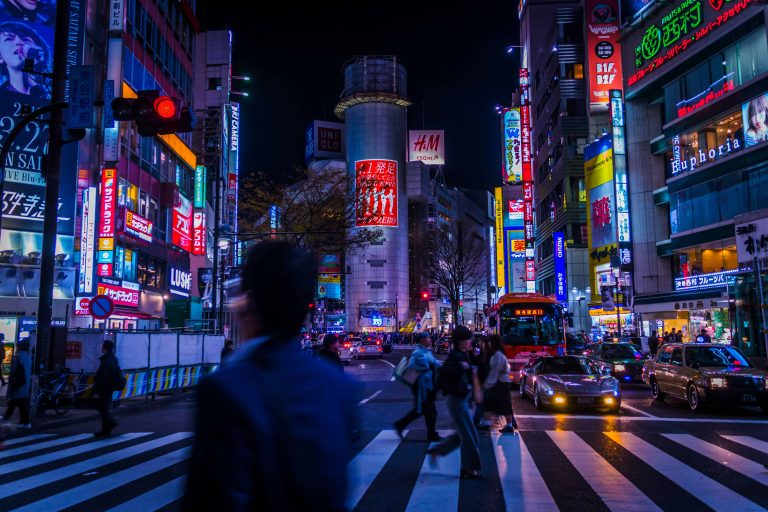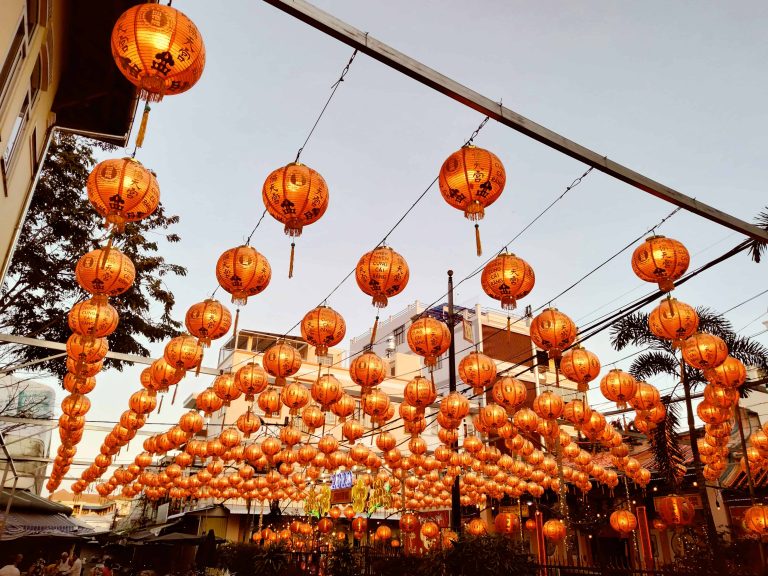Graphic Novels and Comics—Growing Interest and Portuguese Creators
Introduction
Comics and graphic novels are two distinct yet closely related forms of visual storytelling. Comics are traditionally shorter works, often serialized in magazines or newspapers, while graphic novels are typically longer, standalone narratives that offer more complex plots and character development. Both rely on the combination of text and images to create a unique reading experience. Historically, these mediums were viewed as entertainment for children or casual leisure reading, but over the decades, they have gained recognition as a serious artistic and literary form. Today, global audiences are showing a growing appreciation for graphic storytelling, seeing it as a powerful way to blend art, narrative, and culture.
Evolution of Comics and Graphic Novels
The evolution of comics and graphic novels reflects a shift from niche entertainment to mainstream acceptance. What was once considered pulp or low-brow culture is now celebrated in bookstores, classrooms, and even museums. Readership demographics have expanded significantly, with children, young adults, and adults all engaging with the medium in different ways. Factors driving this popularity include the adaptation of comic works into blockbuster films, TV series, and streaming content, which has introduced characters and stories to new audiences. Academic institutions have also begun recognizing the literary and cultural value of graphic novels, leading to their inclusion in curricula. Additionally, the rise of digital platforms has made these works more accessible than ever, creating opportunities for both established and emerging creators.
Global Market Trends
The global market for comics and graphic novels has experienced steady growth, with sales climbing in major markets like North America, Europe, and Asia. This growth is not limited to superhero genres; instead, it includes a wide range of themes, from memoirs and historical fiction to fantasy, romance, and science fiction. The diversification of genres has allowed readers with different interests to find works that resonate with them. Furthermore, international influences have shaped the industry, with creators borrowing artistic techniques, storytelling methods, and themes across borders. This cultural exchange has made comics a truly global medium, reflecting both universal experiences and local traditions.
Portuguese Comics and Graphic Novels Scene
Portugal has a rich but often overlooked history in the development of comics. Early publications date back to the late 19th and early 20th centuries, with comic strips appearing in newspapers and magazines. Over time, Portuguese comics developed a distinctive identity, blending humor, satire, and cultural reflection. Today, the Portuguese comic industry is smaller compared to global giants but remains vibrant and innovative. Portuguese comic art often emphasizes detailed linework, expressive characters, and socially relevant themes. Notable creators such as Eduardo Teixeira Coelho, José Ruy, and António Jorge Gonçalves have made significant contributions, exploring subjects ranging from fantasy and adventure to political commentary. Contemporary Portuguese works continue to showcase unique cultural perspectives while aligning with international trends.
Portuguese Comic Publications
Publishing in Portugal encompasses both traditional and alternative avenues. Established publishers release graphic novels and collected editions, while smaller independent presses and collectives provide platforms for experimental and niche works. Independent publishing has been particularly important for fostering creative freedom and giving voice to emerging artists. Alongside print, digital platforms and webcomics have gained popularity, allowing creators to bypass traditional barriers and reach global audiences directly. In the Portuguese market, genres such as historical narratives, satirical comics, and adaptations of literary classics remain popular. This diversity of publishing formats demonstrates the adaptability and resilience of the medium in Portugal.
International Recognition of Portuguese Comics
Portuguese creators are increasingly gaining international recognition. Many works have been translated into other languages, allowing readers worldwide to engage with Portuguese storytelling. Participation in international festivals such as the Angoulême International Comics Festival in France has provided greater visibility for Portuguese talent. Exhibitions and cultural exchanges have also helped highlight the depth of the country’s comic tradition. While not as widely distributed as works from Japan or the United States, Portuguese comics are carving a place in the global market, offering fresh voices and artistic styles that enrich the broader industry.
Challenges and Opportunities
Despite this progress, the Portuguese comic industry faces several challenges. Limited market size, financial constraints, and competition from larger international publishers can hinder growth. However, government and institutional support through cultural funding, exhibitions, and festivals have helped sustain the industry. Educational initiatives that integrate comics into literacy programs are also encouraging younger generations to read and create. Emerging opportunities lie in digital publishing, crowdfunding platforms, and international collaborations, which provide new pathways for visibility and financial support. These opportunities position Portuguese creators to expand their influence beyond national borders.
Future Outlook
Looking ahead, technological innovations such as interactive comics, augmented reality, and digital storytelling tools are likely to shape the future of the medium. Audience preferences continue to evolve, with readers seeking diverse and inclusive stories that reflect contemporary issues. Portuguese comics, with their distinctive blend of cultural heritage and modern creativity, have significant potential to reach wider global audiences. Their cultural significance also ensures that they play a role in preserving and transmitting Portuguese identity, values, and artistic traditions. With growing recognition and innovation, the future looks promising for Portuguese creators on the international stage.
Conclusion
The rise of graphic novels and comics worldwide highlights the growing acceptance of this medium as both entertainment and art. Portugal, though smaller in scale, has contributed significantly through its creators, themes, and styles. The unique position of Portuguese artists lies in their ability to merge local culture with global storytelling trends, enriching the international comics landscape. Supporting diverse comic traditions, including those from Portugal, is vital not only for artistic growth but also for cultural preservation and exchange.
Key Takeaways
- From entertainment to literary recognition: Comics and graphic novels have evolved from being seen as simple leisure reading for children to respected forms of art and literature. They are now studied in classrooms, exhibited in museums, and celebrated for their ability to blend visual creativity with complex storytelling.
- Global growth and genre diversity: The international market for comics has expanded far beyond superhero stories, now embracing memoirs, historical fiction, fantasy, and more. This diversity has broadened the audience base, making graphic storytelling appealing to children, young adults, and adults alike, while also reflecting cultural exchange between regions.
- Portugal’s distinctive comic heritage: Although often overlooked, Portugal has a long and creative history in comics, dating back to the 19th century. Portuguese creators are recognized for combining detailed artwork, expressive characters, and themes rooted in humor, satire, and cultural identity, giving their works a unique voice in the global scene.
- Independent publishing and digital opportunities: Portugal’s comic industry thrives on both traditional publishing houses and independent presses, which provide experimental artists with space for creativity. The rise of digital platforms and webcomics has also enabled Portuguese creators to bypass traditional barriers and connect directly with international audiences.
- Challenges balanced by innovation and support: While the Portuguese comic market is limited in size and faces competition from global giants, cultural funding, educational initiatives, and participation in international festivals have helped sustain growth. New opportunities such as crowdfunding, digital distribution, and cross-border collaborations position Portuguese creators for long-term success.
- Promising future shaped by technology and identity: With advances like interactive comics, augmented reality, and digital storytelling tools, the medium continues to evolve. Portuguese creators, who merge cultural heritage with contemporary creativity, are poised to expand their influence globally while preserving and showcasing Portugal’s artistic traditions.
FAQs
How are comics and graphic novels different, and why are they important today?
Comics are usually shorter, serialized works, while graphic novels are longer, standalone narratives with deeper character and plot development. Both are important today because they combine visual art with storytelling, reaching diverse audiences and being recognized as valuable cultural and literary forms.
What makes Portuguese comics unique compared to global counterparts?
Portuguese comics often blend humor, satire, and cultural themes with detailed artistry and expressive characters. While smaller in scale compared to Japan or the U.S., they stand out for their creativity, cultural reflection, and growing international recognition through festivals, translations, and exhibitions.
What challenges and opportunities exist for Portuguese comic creators?
Challenges include limited market size, financial pressures, and competition from global publishers. However, opportunities arise from digital publishing, crowdfunding, international collaborations, and government support through cultural initiatives. These factors position Portuguese creators to expand their reach and influence worldwide.
The Óbidos International Literary Festival is more than a gathering of authors—it is a celebration of global creativity, dialogue, and cultural exchange. Learn how this event has turned a medieval Portuguese town into a living stage for the power of literature.

